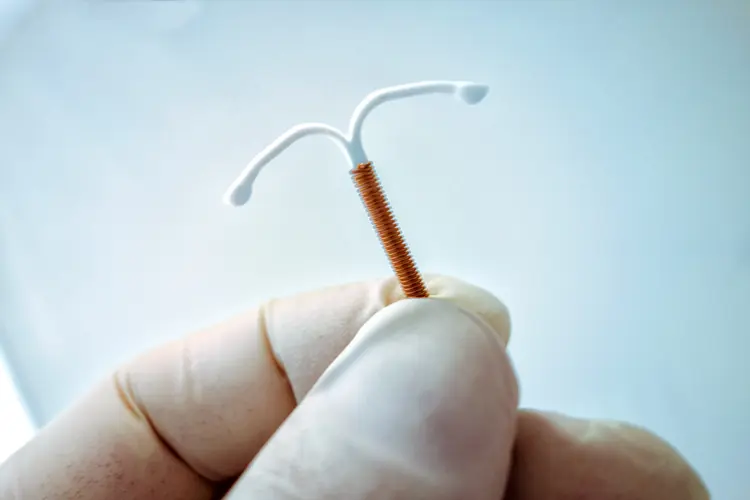Dental health is the health of your mouth as a whole, which includes your teeth, gums, and tongue. There are many different ways to take care of your teeth.You should not neglect your dental health because it can be a good indicator of your overall health and because bad oral hygiene can make you more likely to get sick in other parts of your body.There are generally three distinct categories of dental health care.These are some:
Preventive Dental Care
Going to the dentist on a regular basis for checkups is an important part of your oral care routine and a form of preventive care.You will typically meet with both the dentist and the dental hygienist during a routine dental visit.Your dentists will look for common dental problems like tooth decay or gum disease during a variety of examinations to evaluate your oral health.These conditions can result in pain, tooth loss, receding gums, and even bone loss if left untreated.You are potentially avoiding pain and discomfort in the future and taking a proactive step for your dental health by regularly visiting your dentist and catching early signs of these issues.
Go For Best Dentist Near You
Making regular dental appointments is crucial to maintaining your oral health. But what is the price? The cost of a typical dentist Dee Why appointment can range from $50 to $250, depending on the kind of dental care you need. That is a big cost for anything that might go over your spending limit. So, use the seven simple suggestions listed below to cut costs on dental care.
It is crucial that you pick the best dental clinic if you require dental care. Unfortunately, choosing the best clinic for you can be challenging because there are so many of them. The top five factors to take into account when selecting a dental clinic are covered in this blog post. Therefore, this blog post is for you whether you need the best dentist Heathwood or just information on how to choose one.
Dental hygiene instruments
Instruments can be used to remove plaque and tartar from your teeth and gums during routine exams.Your dental professionals may also take X-rays, apply sealants, provide fluoride treatments in the office, teach you about nutrition and personal hygiene, and recommend products for you and your family, depending on your situation.Depending on your dental health, you should go to the dentist twice a year for oral exams and dental hygiene appointments.
Dental Restorative Treatment
Even if you take all the right precautions, you might still need dental restorative treatment.Any procedure that addresses a tooth or gum issue is referred to as restorative dental care.These issues can be as severe as a small cavity or as severe as periodontitis, and the treatments for them can also vary.The majority of dental issues are caused by decayed, missing, loose, or impacted teeth.
Typically, you first visit your dentist if you experience pain in your mouth or notice a problem with your mouth.Your dentist may either fix the issue or refer you to a dental specialist, depending on the circumstances.Restorative treatments include the following:
Cosmetic dentistry
Cosmetic dentistry includes root canals, fillings, crowns, bridges, root canal therapy, implants, gum reshaping procedures, partial and full dentures, and more. In addition to maintaining good oral health, good dental care can also help you look better in your smile.For instance, individuals who have crowded, crooked, or missing teeth may seek assistance in restoring proper tooth alignment and function.Through treatments like braces, prosthodontists and orthodontists can help you get a better smile.
Others might want to smile more cheerfully.If that’s the case, whitening procedures, which can be done at home or in the dentist’s office, may be an option for improving your teeth’s color.
What changes occur with age in dental care?
Your age has a significant impact on what dental care means to you.Your smile changes with your body.Our requirements for dental care change throughout life, from the first tooth eruption to aging hormones.In order to boost your confidence in taking care of yourself or your children’s teeth, let’s take a look at the primary stages of dental care.
From birth to kindergarten, you can support your baby’s oral health by wiping their gums after feedings with a moist gauze pad or clean cloth even before the first teeth are visible.At around six months, when the first teeth appear, they become susceptible to tooth decay, necessitating regular cleaning.
Eventually, you can use a baby-sized toothbrush and fluoride-free toothpaste to clean your baby’s primary teeth.When your child is two years old, you can start using toothpaste with fluoride in the size of a pea.You can likewise take a stab at flossing between your kid’s teeth when you notice at least two teeth contacting — in the event that they will let you!
Make an appointment for your child’s first dental visit as soon as they get their first tooth or by their first birthday.Your dentist will give you a great opportunity to talk about fluoride recommendations, teething, thumb sucking, and issues with home care.
- Understanding Reel Movement During An Online Slot Spin - January 27, 2026
- The Benefits of Using a 5G Router for Better Internet - January 20, 2026
- MT4 Bots Explained: How Trading Robots Work on MetaTrader 4 - January 19, 2026




